Trust Coastal Property Restoration For Rapid Relief And Peace Of Mind
Swift Water Damage Cleanup and Restoration
Water Damage Restoration in Lincolnville, SC
- Dealing with a devastating water-related event in your home or business is a truly traumatic experience. What starts as a small leak can quickly escalate into a situation where your property is flooded with water. Your most cherished belongings and important business documents are ruined. You're left with a catastrophe on your hands, and with every minute that passes, things seem to get worse. Within 24 hours, the most important people in your life are now at risk because of compromised water containing harmful bacteria and allergens.
- If you've never experienced the effects of water damage, be thankful. But those who have had to endure such an unwelcome experience know first-hand how important it is to get the water cleaned up ASAP. That's where Coastal Property Restoration swoops in to save the day. From roof leaks and busted pipes to sump pump malfunctions and natural disasters, Coastal Property Restoration provides water damage clean-up in Lincolnville, SC, when you need professional service and peace of mind most.
Service Areas
A Water Damage Restoration Company You Can Trust
At Coastal Property Restoration, our water damage mitigation company is always prepared to respond quickly to water damage emergencies. That's because we truly care about our customers and never subject them to half-measures or mediocre work. At the end of the day, we're passionate about restoring the lives of home and business owners who are devastated, confused, and looking for trustworthy water damage restoration.
To help achieve that goal, we use years of expertise and modern, state-of-the-art equipment to remove moisture and standing water from your property. In doing so, we can help protect your family or staff while restoring your quality of life. But you've got to act fast - damage from water in your home or business can spread quickly and just affect every aspect of your property, from its roof to its foundation.
So, if you're trying to put the pieces back together after a water loss, it's time to contact Coastal Properties LLC. With one call, our team of experts will arrive at your home or business to remediate your water damage in Lincolnville, SC, using advanced tools, superior drying techniques, and detailed documentation. We aim to restore your property to its pre-loss condition so you can return to living a normal life again.
The Coastal Property Restoration Process
Our team of licensed and insured water damage clean-up professionals uses a streamlined process to address your needs ASAP:
- Assess: We assess the extent of your water damage by conducting a thorough inspection.
- Mitigate: Our technicians get to work quickly to mitigate and prevent further damage to your home, business, and belongings.
- Recover: Our water damage restoration experts help you recover from your water emergency with a focus on restoring your property to its pre-loss condition.
Dealing with an emergency that needs to be addressed sooner than later? With 24-hour service, we're here for you day and night, no matter how severe your water damage issue may be.
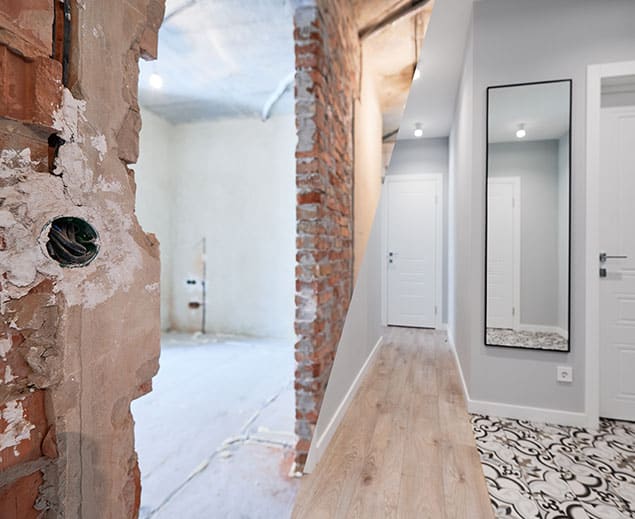
What Causes Water Damage Your Home?
Water is undoubtedly essential for our planet, but it can also be incredibly destructive. Among all the potential disasters that could harm your property, water damage ranks high. It has a tendency to sneak into small, unnoticed areas where it can cause warping and discoloration, whether it's from a severe thunderstorm or a tiny leak. Even a small amount of water can be deceptively expensive, costing thousands of dollars if not addressed immediately.
The most concerning part is that it can happen in an instant, catching you and your family off guard. However, by keeping these common causes of water damage in mind, you can take steps to prevent water from causing damage to your property.
Unsure what might be causing water to enter your home in South Carolina? Call Coastal Property Restoration as soon as you can so our team can come to your property and conduct an inspection.
Get a Quote
In the United States, South Carolina is among the top five states with the greatest number of hurricanes, with a total of 30 making landfall. This accounts for 10.10% of all the hurricanes in the country. While five of those hurricanes were classified as being major (Category 3), smaller hurricanes and even minor rain showers can result in significant water damage clean-up in Lincolnville, SC.
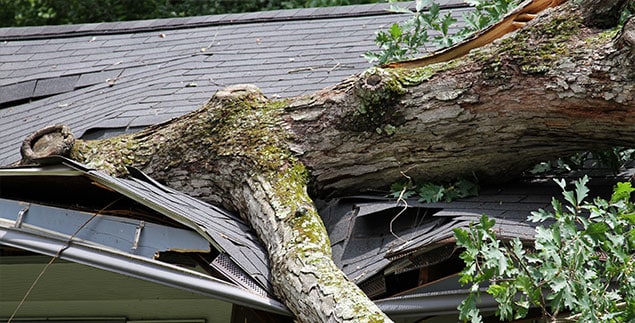
Properly functioning gutters are essential for directing water away from your home, especially during fall leaf season when clogs are common. However, when gutters do become clogged, rainwater can accumulate and flow over the edges, causing potential leaks into your attic, walls, or basement. It's important to ensure your gutters are free of debris to prevent any water damage to your home.
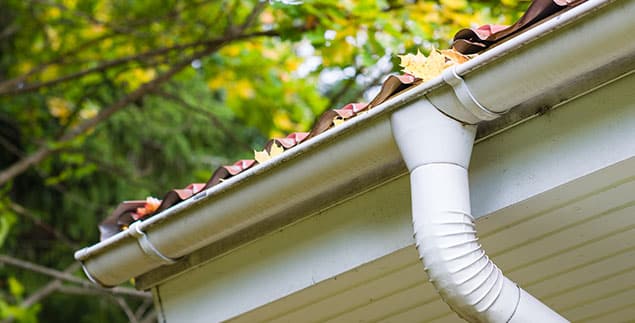
Water heaters that are old or not properly installed have a tendency to develop leaks. Sadly, these leaks can be quite severe and result in the accumulation of several inches of water in your basement or crawlspace.
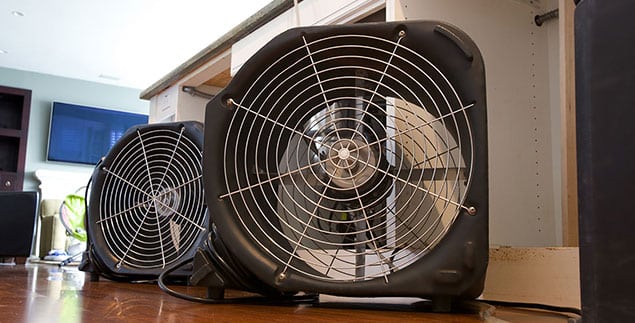
Pipe leaks may start small, but they can have devastating consequences. Whether it's loose-fitting pipes under your kitchen sink or old drainage systems under your home, water from a leak can cause serious damage to your property. Not only can it ruin prized possessions and warp wallpaper, but it can also create conditions for mold growth, even with just a small amount of moisture present. It's crucial to address any leaks as soon as possible to prevent further damage.
Some other common causes of water damage in residential homes include the following:
- Overflows (sinks, bathtubs, toilets)
- Sprinkler Systems (accidents & malfunctions)
- Clogged Drains (hair, grease, dirt, etc.)
- Washing Machines (compromised PVC supply line)
- AC Condensation (clogged condensate line, damaged drain pan)
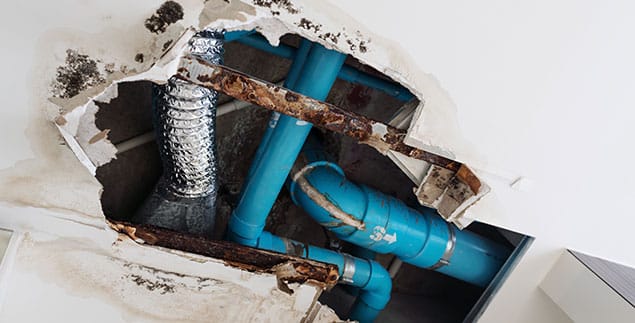
Water Damage in Lincolnville, SC: Restoration vs. Mitigation vs. Remediation
As a reputable water damage restoration company in South Carolina, we get questions all the time from misinformed customers asking what the differences are between restoration, mitigation, and remediation. We get it - to the untrained individual, they all sound about the same. But each serves a special purpose in the process of eliminating water from your home or office.

Water Damage Mitigation
You can think of water mitigation as an emergency response meant to stop and contain water so that it doesn't cause any more damage to your property. Often, mitigation includes an inspection of the damaged area and an advanced water extraction process to ensure a hazard-free workplace.
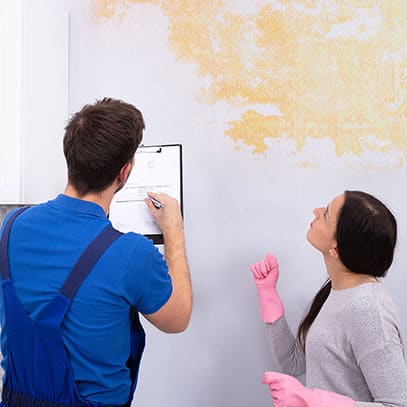

Water Damage Remediation
This stage often involves a detailed clean-up and removal of residual water from the property. Water damage techs will also remove furniture and other items affected by the water damage and dispose of any contaminated materials. During this phase, blowers and pumps may be used to dry areas of the property. Sometimes, boards or tarps are used to protect the property as needed. From there, a final cleaning usually takes place that can include deodorizing and sanitizing items that can be salvaged from water damage. It should be noted that sometimes water mitigation and remediation overlap. For instance, remediating a contaminant from an area of your home might involve mitigating damage to something like a pipe that has burst.
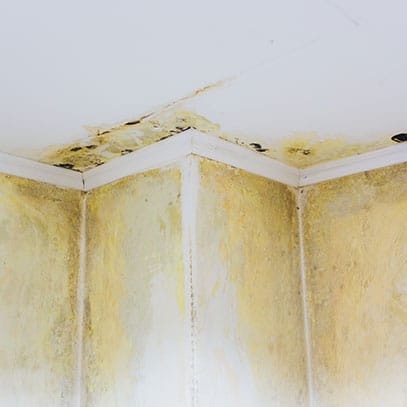

Water Damage Restoration
In this final stage, water damage restoration professionals help ensure that moisture levels in the impacted areas are back to normal. They take care of replacing the damaged drywall, repairing the floors that have buckled, and fixing the ceilings affected by water. Additionally, they clean and restore the items that are still in good condition. All of these measures are taken to bring your property back to its original state before the damage occurred. Think of it like this: Water remediation focuses on completing temporary tasks, while restoration centers around more permanent solutions.
While the water damage clean-up steps listed above might sound interchangeable, each addresses a crucial step in the remediation process. If you're working with a water damage restoration company and they tell you otherwise, know that they're perpetrating a myth. Speaking of myths, here are a few of the most common ones that we have run across in our time as water restoration experts.
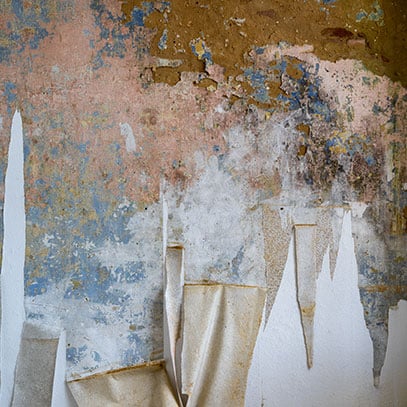
You can think of water mitigation as an emergency response meant to stop and contain water so that it doesn't cause any more damage to your property. Often, mitigation includes an inspection of the damaged area and an advanced water extraction process to ensure a hazard-free workplace.
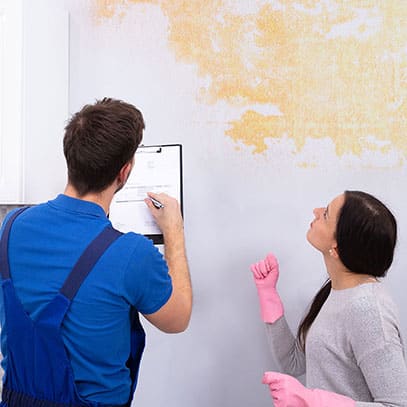
 Call Now
Call Now
This stage often involves a detailed clean-up and removal of residual water from the property. Water damage techs will also remove furniture and other items affected by the water damage and dispose of any contaminated materials. During this phase, blowers and pumps may be used to dry areas of the property. Sometimes, boards or tarps are used to protect the property as needed. From there, a final cleaning usually takes place that can include deodorizing and sanitizing items that can be salvaged from water damage. It should be noted that sometimes water mitigation and remediation overlap. For instance, remediating a contaminant from an area of your home might involve mitigating damage to something like a pipe that has burst.
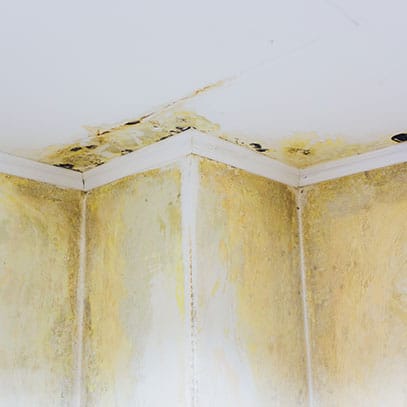
 Call Now
Call Now
In this final stage, water damage restoration professionals help ensure that moisture levels in the impacted areas are back to normal. They take care of replacing the damaged drywall, repairing the floors that have buckled, and fixing the ceilings affected by water. Additionally, they clean and restore the items that are still in good condition. All of these measures are taken to bring your property back to its original state before the damage occurred. Think of it like this: Water remediation focuses on completing temporary tasks, while restoration centers around more permanent solutions.
While the water damage clean-up steps listed above might sound interchangeable, each addresses a crucial step in the remediation process. If you're working with a water damage restoration company and they tell you otherwise, know that they're perpetrating a myth. Speaking of myths, here are a few of the most common ones that we have run across in our time as water restoration experts.
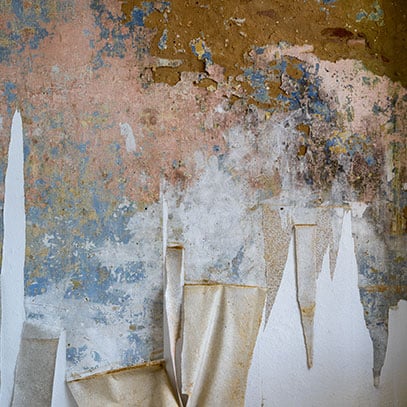
 Call Now
Call Now
Myths About Water Damage Restoration in Lincolnville, SC
When it comes to water damage restoration, there's a lot of information out there that can be misleading or downright incorrect. This can be especially frustrating for property owners who are caught off guard by unexpected leaks or floods. To make matters worse, there are several common myths about water damage that can actually make the problem worse if you're not aware of them. To help clear things up, we've debunked three of these myths below.
It's important to remember that water damage can often go undetected. Water has a sneaky way of hiding in all sorts of nooks and crannies throughout your home, including behind walls, in carpets, under floors, and in ceilings. The problem with these materials is that they're porous, which means they not only hide water, but they also absorb it. Even if it appears that everything has dried out, the moisture that's lurking beneath the surface can still cause serious damage over time.
That's why it's crucial to take action and not let water dry on its own. If left untreated, it won't simply evaporate; it will be absorbed. Fortunately, the expert technicians at Coastal Property Restoration are equipped with top-of-the-line equipment to help locate and eliminate any hidden moisture or trapped water. You can trust us to thoroughly dry out your home and protect it from any further damage.
Dealing with water damage restoration and preventing further damage requires swift action, as time is of the essence. The longer water remains, the more extensive the damage becomes. The response window is narrow, less than 24 hours, and within this timeframe, mold growth may occur, creating an entirely new set of issues. Plus, salvaging materials in your home after prolonged exposure to water is challenging, so the best course of action is to respond immediately to water damage.
We understand that this can be challenging, but working with a reputable water damage cleanup service like Coastal Property Restoration can make all the difference. Our team can respond promptly and efficiently, allowing you to focus on your life while we take care of your home. The bottom line? If you've got water in your home or business, don't waste any time. Call a trusted water damage restoration company ASAP to minimize losses, mitigate damage, and prevent the risk of mold.
The saying, "Everything heals with time," is not a phrase that applies to mold in your home or business. As mentioned above, it's important to act quickly when dealing with water damage, as mold can begin to grow in as little as 24 hours. The musty odor that comes with mold won't stay contained to the affected area; it will eventually spread throughout your entire home.
It's crucial to take the necessary steps to stop mold growth and spread, including proper water extraction, drying, dehumidification, and sanitization. Additionally, any saturated materials, such as couches, carpets, floors, and drywall, must be treated properly to eliminate the musty smell. To ensure your home is fully restored and smelling fresh after water damage, it's best to have a professional clean-up crew go through each step of the process to guarantee no moisture is left behind.
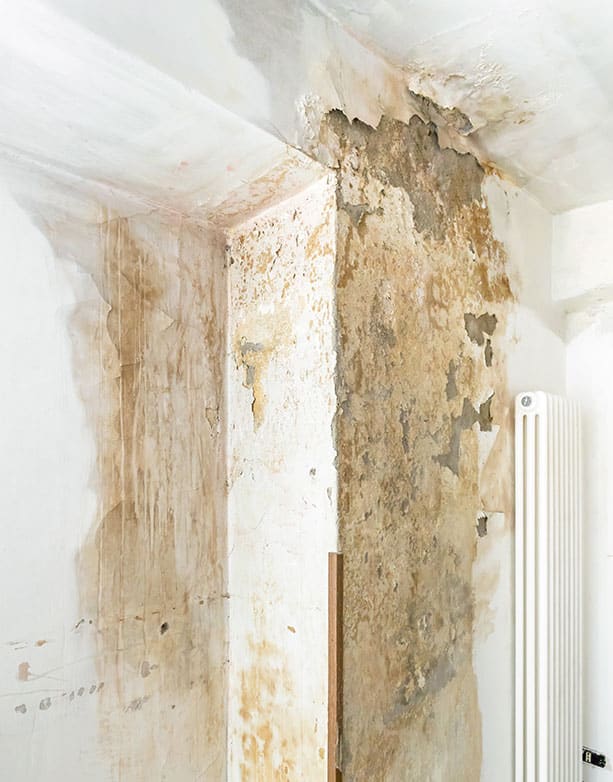
Getting Back to Business: Common Signs of Commercial Water Damage in Lincolnville, SC
Water damage can be a major setback for any commercial property and business, causing loss of revenue and productivity. But fear not; Coastal Property Restoration has got your back with skilled technicians and reliable water damage restoration services. As a savvy business owner, however, it's important for you to stay vigilant and look out for early signs of water damage to your property so you can take action before it becomes a major problem.
Inspect Your Piping
It's important to thoroughly inspect the piping both inside and outside the building. Pay close attention to any signs of oxidation or corrosion around pipe fixtures, and don't forget to check your water heater for rust as well. If you do notice corrosion or rust, it could be an indication of a water leak that needs to be addressed promptly.
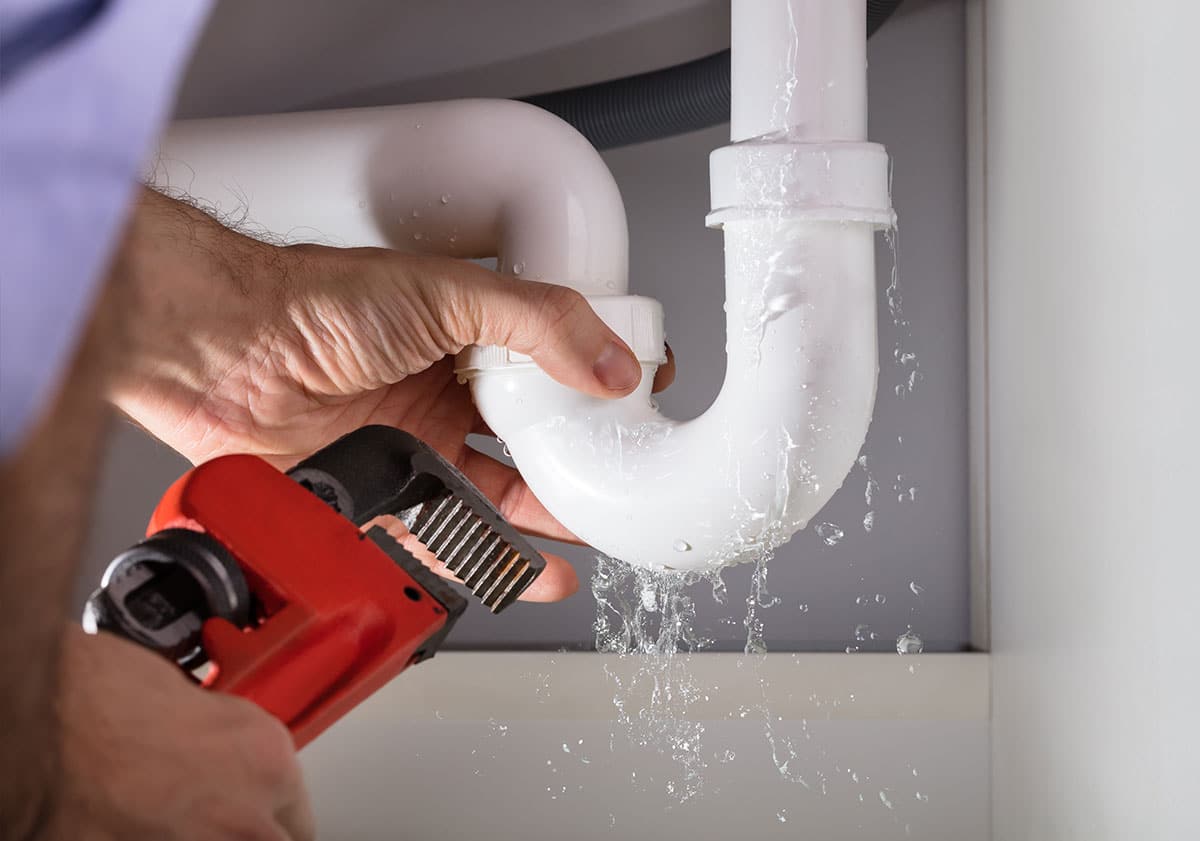
Be Wary of Mold
Mold can begin to grow less than 24 hours after water has compromised your business. If you see any signs of mold growth where there have been leaks, contact Coastal Property Restoration ASAP to diagnose the problem.
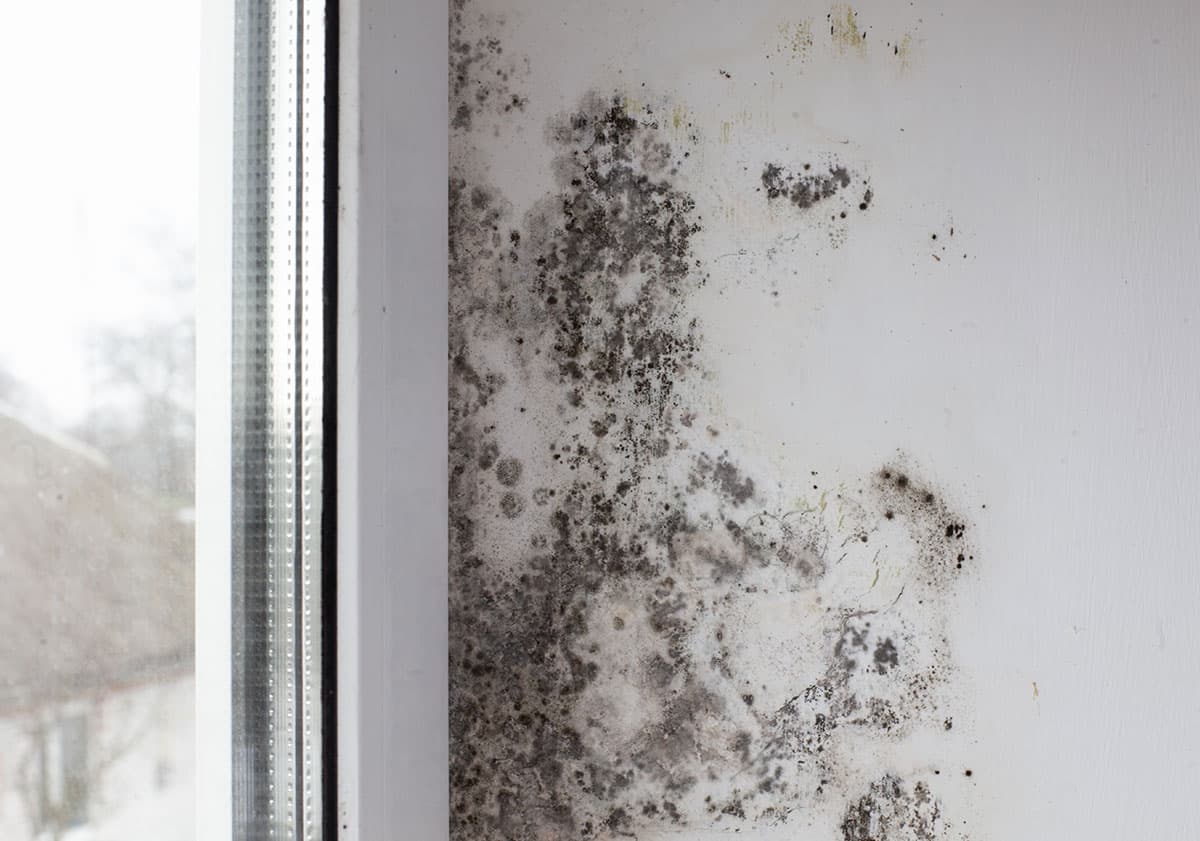
Look for Spotting
Water damage can usually be identified in businesses by dark spots on walls and ceilings, with older damage likely showing rings around the stain. Multiple rings with varying shades may indicate an intermittent problem, where the area has been repeatedly soaked and dried.
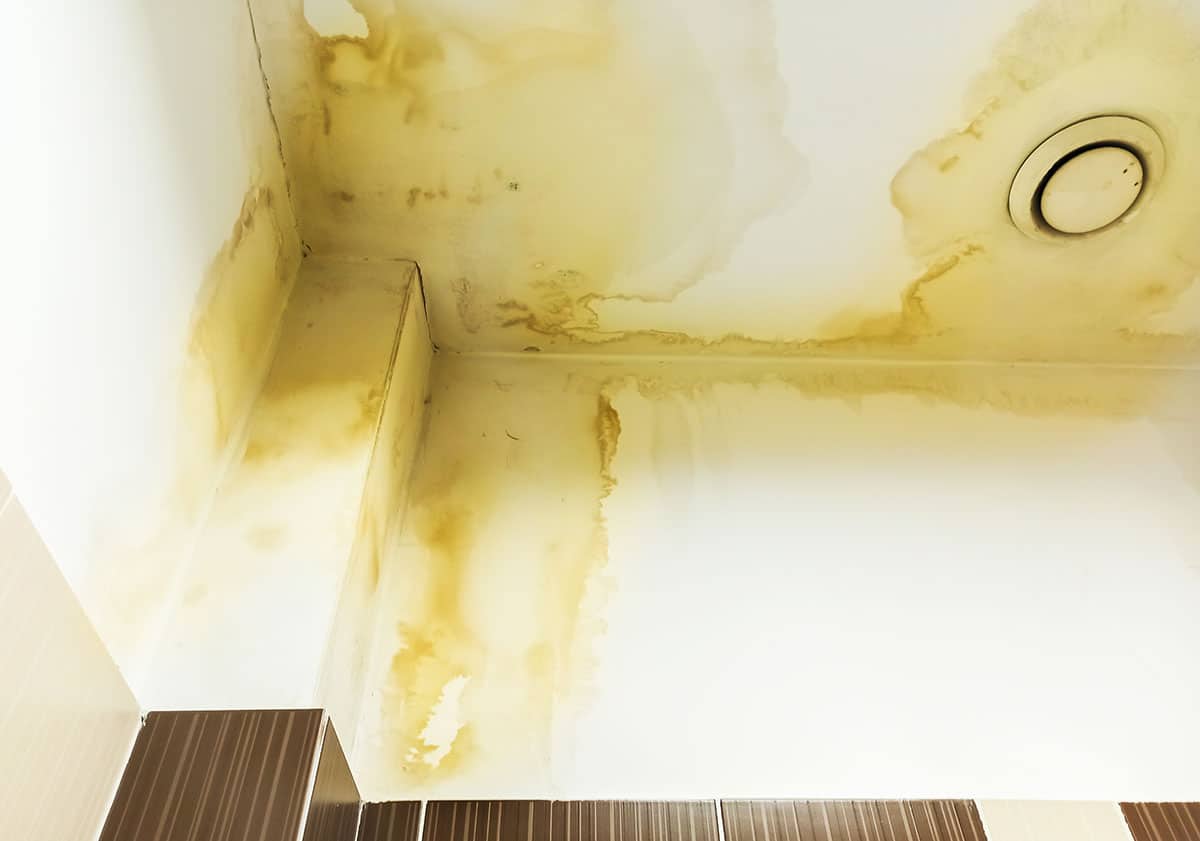
Know Your Property Like the Back of Your Hand
As the owner of commercial property, it's important to stay aware of your building's pipe system. Being knowledgeable about what's old and new, and identifying areas at risk for water damage is key. Areas with a higher potential for leaks, especially during rainstorms, should be monitored closely.
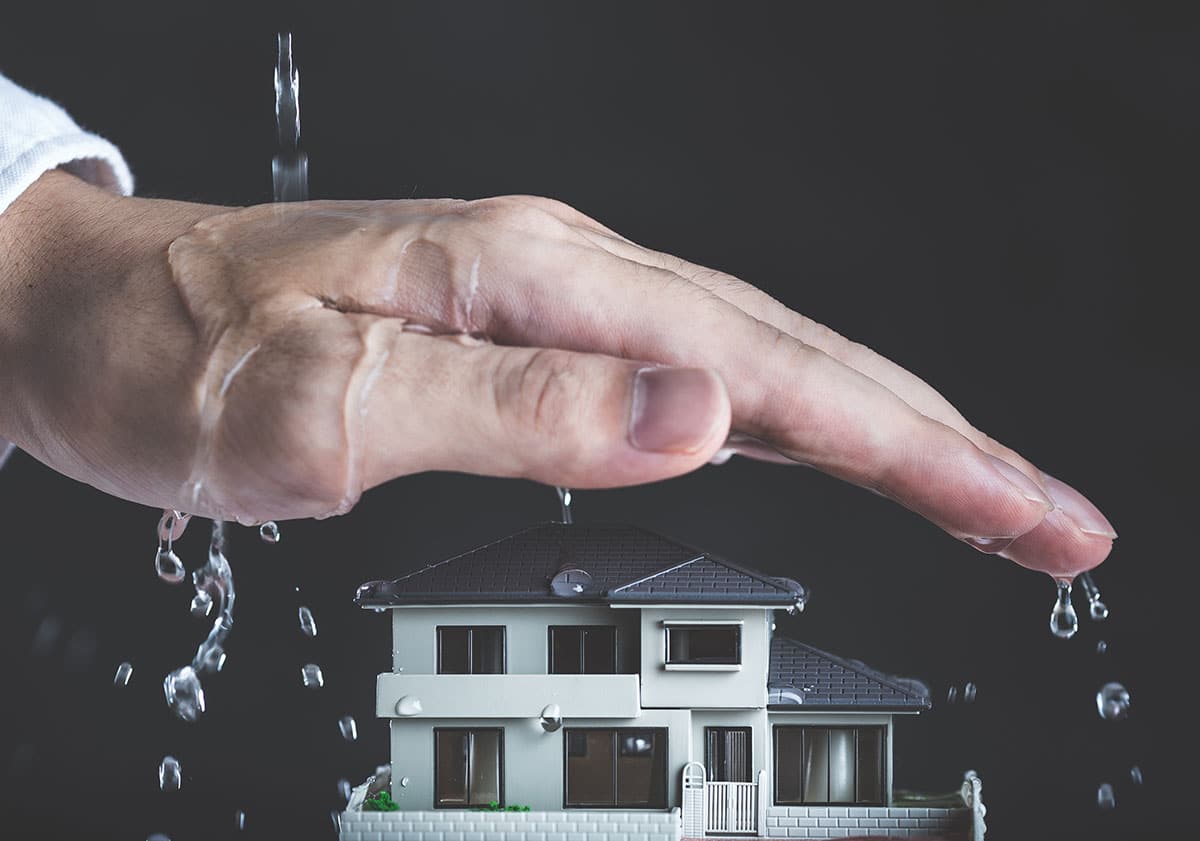
Rusty Appliances
When a commercial property owner observes rust on equipment or AC units of a building, it is highly probable that water damage is the root cause. This could be an indication of an unaddressed old leak in the vicinity. It is crucial for property owners to seek assistance from a specialist to assess the extent of the damage.
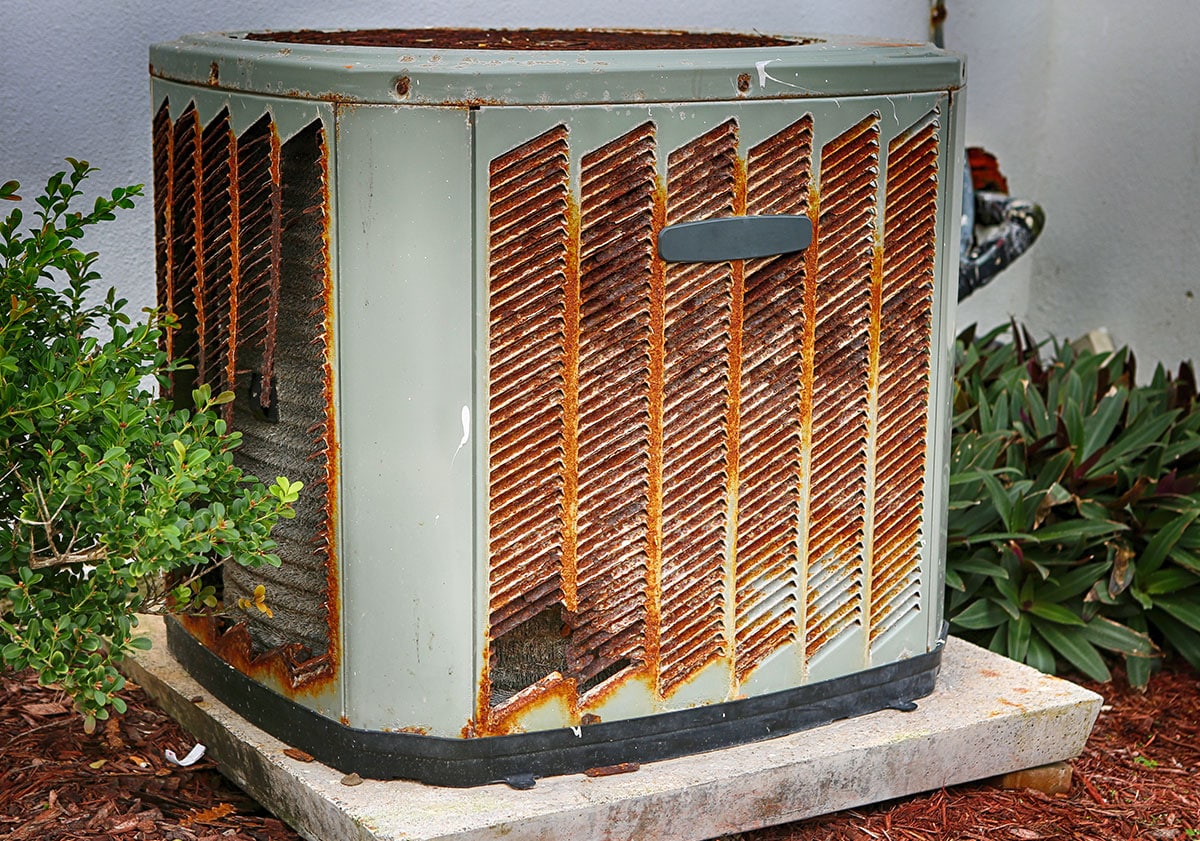
It's important to thoroughly inspect the piping both inside and outside the building. Pay close attention to any signs of oxidation or corrosion around pipe fixtures, and don't forget to check your water heater for rust as well. If you do notice corrosion or rust, it could be an indication of a water leak that needs to be addressed promptly.
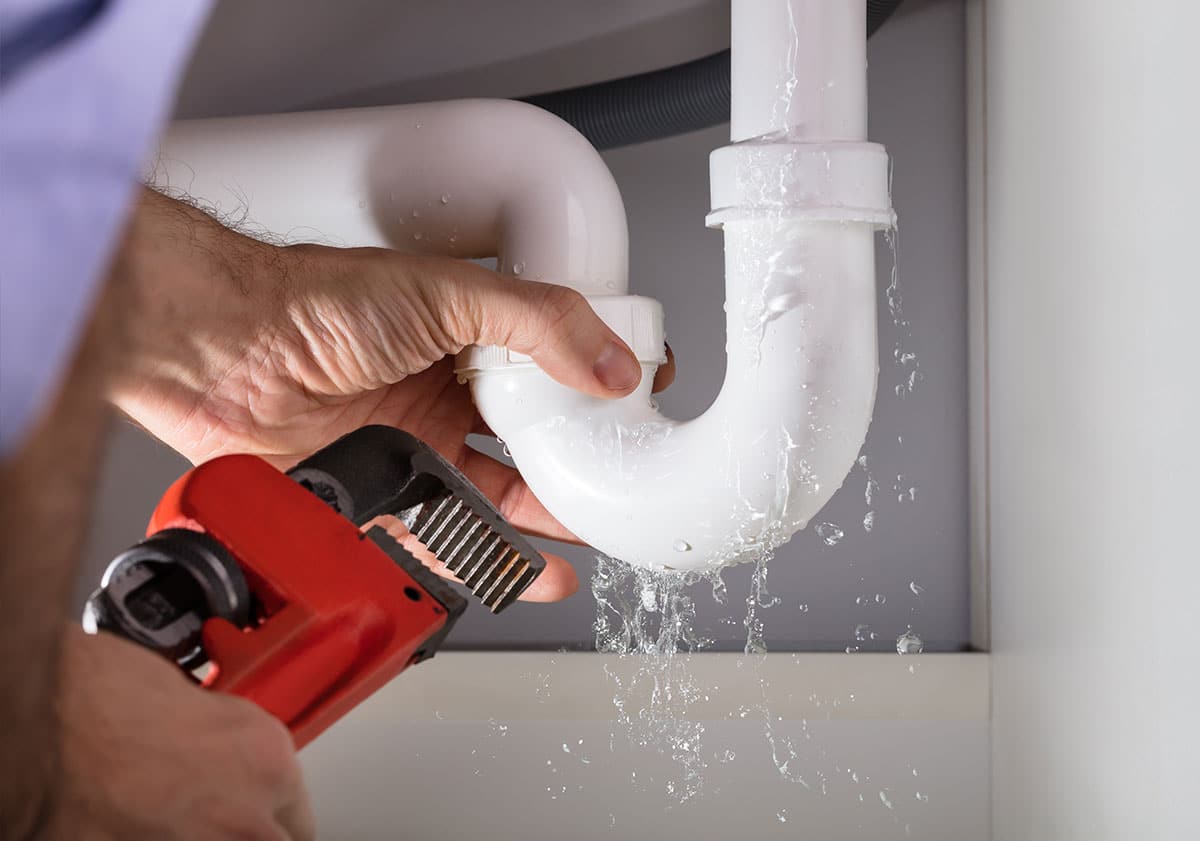
Mold can begin to grow less than 24 hours after water has compromised your business. If you see any signs of mold growth where there have been leaks, contact Coastal Property Restoration ASAP to diagnose the problem.
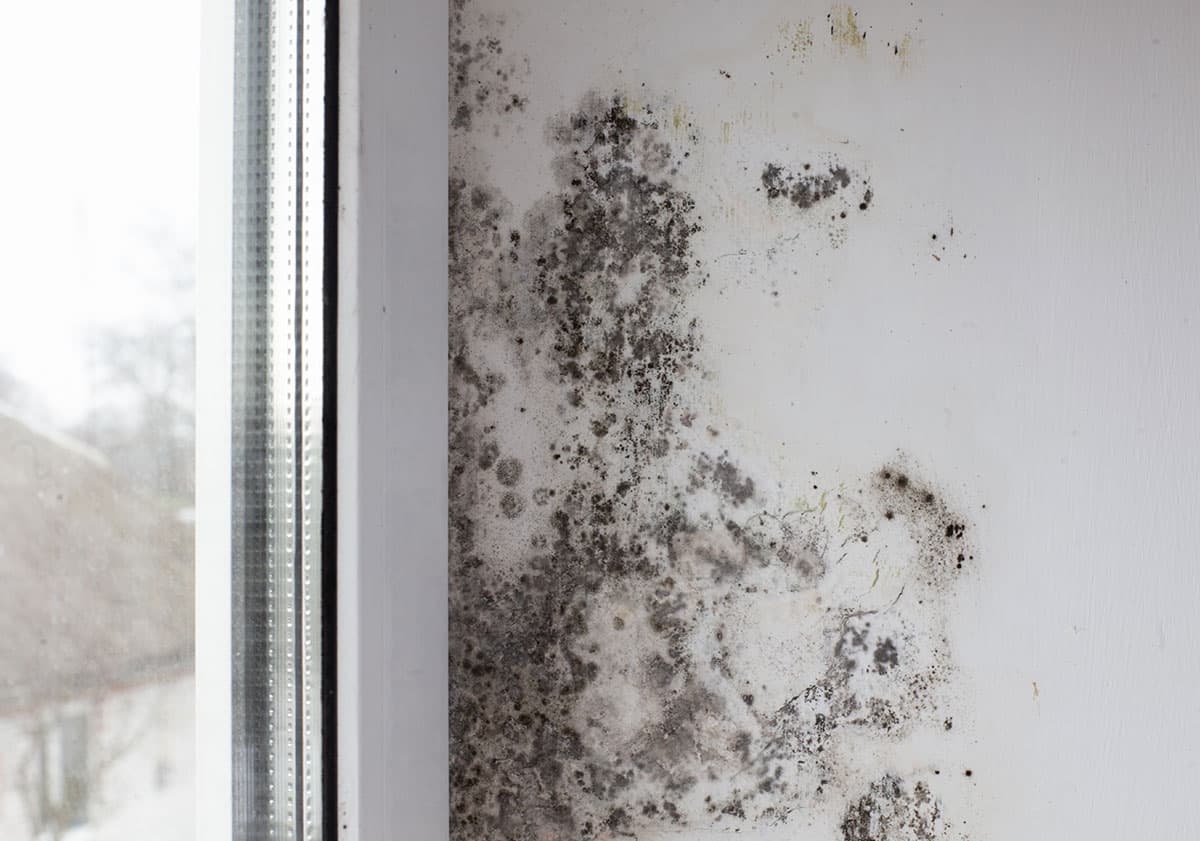
Water damage can usually be identified in businesses by dark spots on walls and ceilings, with older damage likely showing rings around the stain. Multiple rings with varying shades may indicate an intermittent problem, where the area has been repeatedly soaked and dried.
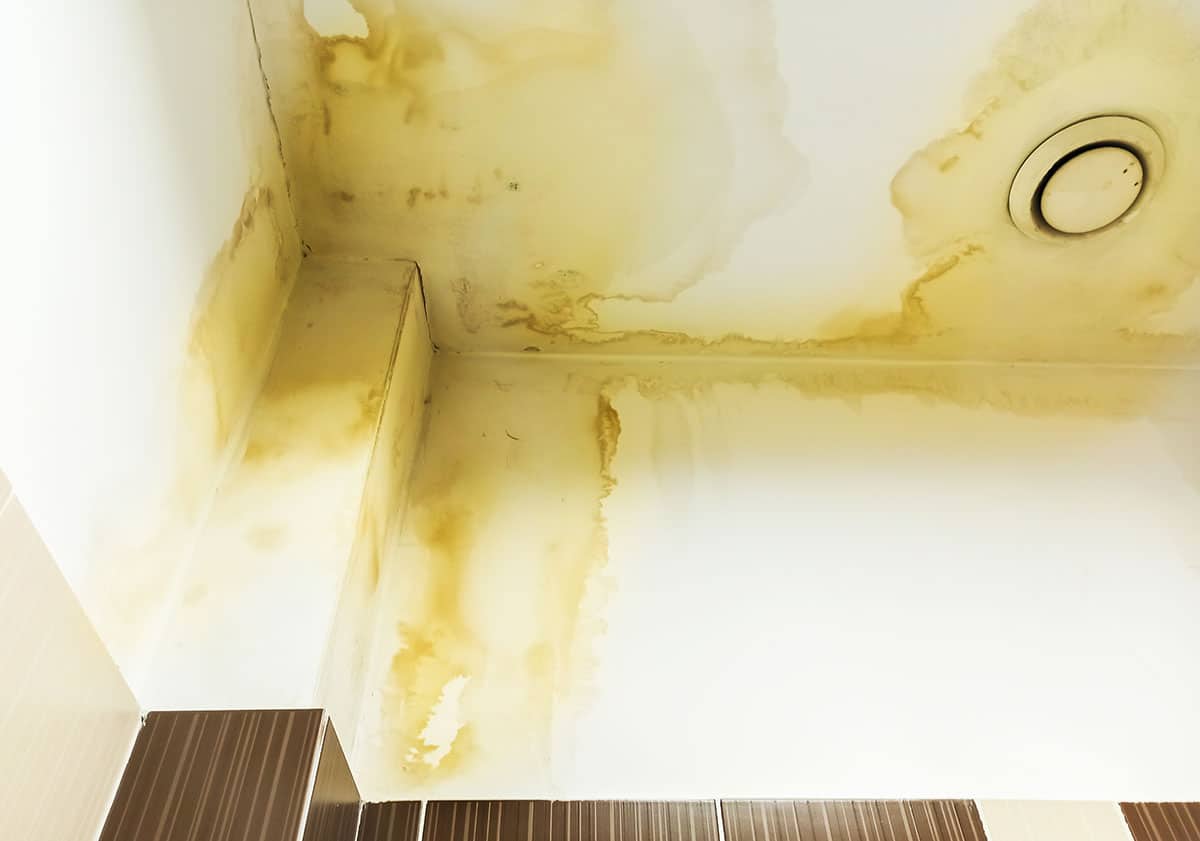
As the owner of commercial property, it's important to stay aware of your building's pipe system. Being knowledgeable about what's old and new, and identifying areas at risk for water damage is key. Areas with a higher potential for leaks, especially during rainstorms, should be monitored closely.
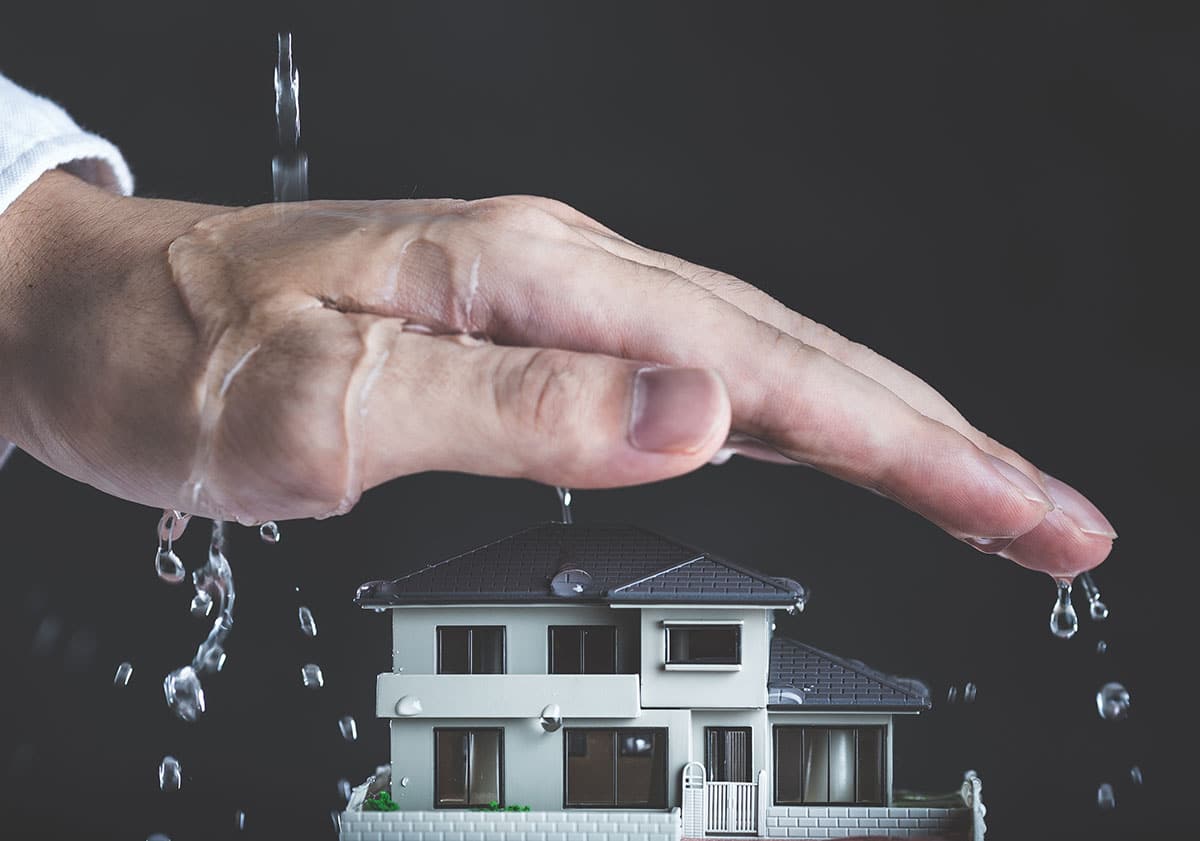
When a commercial property owner observes rust on equipment or AC units of a building, it is highly probable that water damage is the root cause. This could be an indication of an unaddressed old leak in the vicinity. It is crucial for property owners to seek assistance from a specialist to assess the extent of the damage.
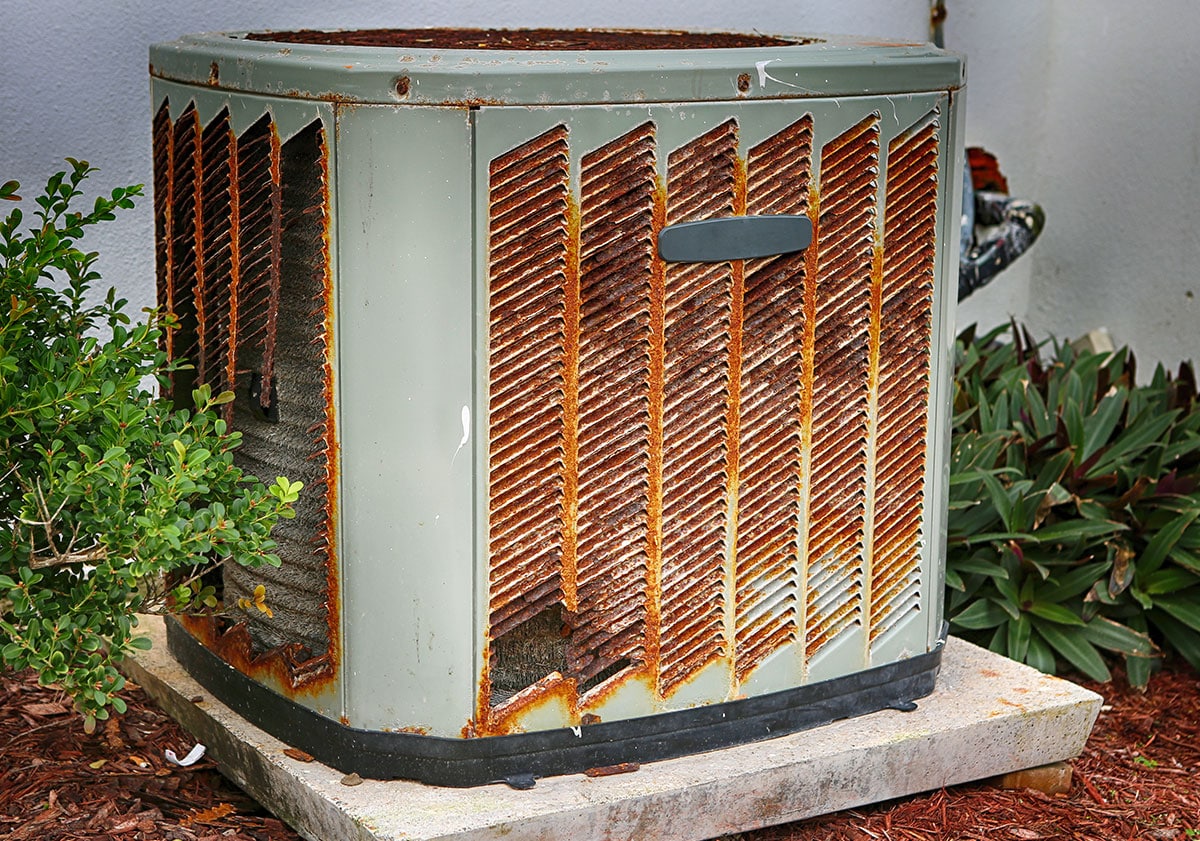
Coastal Property Restoration is Your Local Choice For Water Damage Restoration in Lincolnville, SC
Effective water damage clean-up is an essential process that requires a high level of expertise to ensure your property sustains minimal damage. Selecting the best water remediation company is equally important, especially when it comes to the health of your family or your customers. Whether your kitchen is full of standing water because your dishwasher overflowed or your business is at risk because of an extensive pipe leak, our team of trained and certified experts is only a phone call away, 24 hours a day.
Contact our office to discover the Coastal Property Restoration difference and what separates our water damage mitigation company from others in South Carolina.
Get A Quote
Latest News in Lincolnville, SC
Military families honor veterans at abandoned cemetery in Lincolville
Alexis Simmonshttps://www.live5news.com/story/38293122/military-families-honor-veterans-at-abandoned-cemetery-in-lincolville/
LINCOLNVILLE, SC (WCSC) - Military families are rallying to preserve an abandoned Lincolnville cemetery with veterans buried from World War I and World War II.There are also veterans buried dating back to the 1800s.The cemetery is tucked behind the woods off of Lincolnville near Greenwood Street.Disabled Veteran Shirley Zinn has been on a mission since 2015 to protect the property and find out who is buried there."This angers me. These people are forgotten. How many stones out here say 'gone but never forgott...
LINCOLNVILLE, SC (WCSC) - Military families are rallying to preserve an abandoned Lincolnville cemetery with veterans buried from World War I and World War II.
There are also veterans buried dating back to the 1800s.
The cemetery is tucked behind the woods off of Lincolnville near Greenwood Street.
Disabled Veteran Shirley Zinn has been on a mission since 2015 to protect the property and find out who is buried there.
"This angers me. These people are forgotten. How many stones out here say 'gone but never forgotten.' This is forgotten," Zinn said.
For the past few years she along with others have placed flags by the graves of veterans for Memorial Day.
The property has not been maintained so several markers have been covered and it's difficult to walk through the grave site because the grass and plants are overgrown.
"Honestly our veterans need to be honored. We need to have stones where they lay," Zinn said.
Zinn says at least 15 grave markers are gone since her first visit a few years ago.
While at the site she uncovered one today.
"They're not in here or they're so deeply buried we can't find them," Zinn said.
Leaders of the Veterans of Foreign Wars Post 3433 in Ladson are helping to preserve the cemetery.
They have a vision of transforming the space.
"Make it into a park where people can come out and visit their loved ones," said Junior Vice Commander of the VFW Post 3433, Robert Zdenek.
They're asking for help in restoring the property because there is a large amount of work to do.
"For them to be forgotten completely and literally just thrown to the rubble the way this place has been maintained is totally unacceptable," said Commander of the VFW Post 3433 Todd Howard.
The cemetery backs up to the Lakes of Summerville. There's a fence that separates them.
"They deserve to be remembered for their lives for what they've done, not only the veterans but the other people who are buried here as well," District 1 Commander for the VFW Department of South Carolina Edwin Tufts said.
Zinn says in 2015 she counted 27 non-military people buried there and about 21 World War I and World War II veterans buried there.
"If you put on that uniform, no matter what uniform it was, you honored our country and we deserve to honor you back," Zinn said.
The group will attend the Lincolnville Town Hall Meeting next Wednesday at 7 p.m. to make town officials aware of the conditions of the cemetery in hopes of getting help to maintain it.
If you'd like to help with the efforts you can reach the Junior Vice Commander of the Veterans of Foreign Wars Post 3433 at 843-568-6811.
Copyright 2018 WCSC. All rights reserved.
Aiken, Hampton elected to open Lincolnville council seats
WCIVhttps://abcnews4.com/archive/lincolnville-to-choose-two-new-council-members
LINCOLNVILLE, S.C. (WCIV) -{}Tyrone Aiken and James C. Hampton will return to public service once again for the town of Lincolnville. Unofficial vote tallies show the two men edged out{}Anna Williams-Gleaton for the two open seats in Tuesday's election.When the vot...
LINCOLNVILLE, S.C. (WCIV) -{}Tyrone Aiken and James C. Hampton will return to public service once again for the town of Lincolnville. Unofficial vote tallies show the two men edged out{}Anna Williams-Gleaton for the two open seats in Tuesday's election.When the votes are certified, the failsafe and provisional ballots will be counted.{}The Lincolnville Public Safety building was turned on Tuesday into an election precinct. The small town held a special election to fill two vacant town council seats.Williams-Gleaton served on town council for 11 years."There's a lot of work that needs to be done," said Williams-Gleaton when asked why she wanted to run again. "If you drive around the village, you can see the streets, we have several streets that's still not paved. We still have a lot of debris on the streets."Streets were one of Williams-Gleaton's main focuses when she was on council. She says, if elected, her goals would be, "to see all of the streets paved. To see us get proper drainage in here."Williams-Gleaton was born and raised in Lincolnville, much like Tyrone Aiken."Lived here all my life. Raised my children here. So, I'm very fond of Lincolnville," said Aiken.Aiken says he began public service at age 27. He served as mayor of Lincolnville for 14 years and as councilman for 14 years. Aiken says he still has work to complete for the town."I think there's some unfinished business that I didn't complete," said Aiken. "We talked about getting an increase in our water pressure and getting a water tank when I was mayor. It didn't happen. We started some sidewalk construction, we didn't complete it."Hampton wasn't born in Lincolnville, but certainly calls the small town home."I have been living in Lincolnville for about 40 years," said Hampton. "I was in the Air Force and, while in the Air Force, built a house here in Lincolnville."After rallying for better fire equipment and resources, Hampton became the Lincolnville Fire Chief, then served as a councilman for nearly 30 years."With 28 years experience, I would be remiss if I didn't come back on to try to assist the mayor and council to serve the citizens and town," Hampton said.
Tales of a city: Lincolnville seeks historical narratives
Jennifer Benthttps://www.postandcourier.com/journal-scene/community-news/tales-of-a-city-lincolnville-seeks-historical-narratives/article_b86e7ce0-123d-11ee-98c1-e38ed8832fdc.html
With an invitation to dinner and a call to all those with a story to tell, the Lincolnville Preservation and Historical Society is requesting the community’s presence at its upcoming Family Reunion Weekend in celebration of its history and living legacy.The weekend kicks off Saturday, July 1, with the commemoration of the 100th anniversary of Lincolnville Elementary, one of about 500 Rosenwald Schools built in South Carolina and 5,000 built all over th...
With an invitation to dinner and a call to all those with a story to tell, the Lincolnville Preservation and Historical Society is requesting the community’s presence at its upcoming Family Reunion Weekend in celebration of its history and living legacy.
The weekend kicks off Saturday, July 1, with the commemoration of the 100th anniversary of Lincolnville Elementary, one of about 500 Rosenwald Schools built in South Carolina and 5,000 built all over the South from 1917 until 1932. Julius Rosenwald was a poor German immigrant who grew up in Chicago and became the first president of Sears, Roebuck and Co. Having read Booker T. Washington’s book “Up from Slavery,” he and the Tuskegee University founder later became friends and together built the Rosenwald Schools specifically for Black children at a time when public schools across the country were segregated.
The Family Reunion Weekend continues July 2 with Sunday Dinner Under the Big Tent, an event to be held from 3 to 7 p.m. in Lincolnville’s Bishop Richard Harvey Cain Community Garden. The dinner features cuisine from award-winning Gullah chef and author Charlotte Jenkins, with the tables set for okra soup, baked chicken, macaroni and cheese and sweet potato pie. While there are few left, dinner tickets can still be purchased at www.lincolnvillesc.org.
Guests will dine to the sounds of Gospel artist LaVondra Greene and the Black Diamond Band, while Victoria Smalls, executive director of the Gullah Geechee Cultural Heritage Corridor, serves as the evening’s Mistress of Ceremonies.
According to the National Trust for Historic Preservation, the Rosenwald School endeavor was the most important initiative to advance Black education in the early 20th century. Lincolnville Elementary was one such school, standing in the Charleston County independent municipality from 1924 until 1953.
Lincolnville Family Reunion event organizers hope that all those in the surrounding community with personal anecdotes and oral histories of their lives in Lincolnville will come to the school on July 1 to share those memories and help ensure that the city’s place in the fabric of Lowcountry history doesn’t fade.
“The goal of this weekend of events is to bring awareness to the rich history of Lincolnville. It’s for those who share in that history to come together and it’s about the importance of telling these stories and making sure they’re cemented,” said Dr. Pernessa Seele, a Lincolnville native who owns the land on which she grew up and is the founding president of the Lincolnville Preservation and Historical Society. She worked as an immunologist and was named by Time magazine as one of the most-influential people in the word for founding the Balm in Gilead, Inc. — a 35-year-old organization centered on the mobilization of faith communities around the health crises of HIV and AIDS.
Seele explained that Dr. Val Littlefield, a professor of history at the University of South Carolina and the college’s Interim Director of Institute for the Study of the Reconstruction Era, is leading the process of gathering Lincolnville’s oral histories.
Lincolnville is a Black-founded city established in 1867 by seven formerly enslaved men who purchased the original 620 acres from the South Carolina Railway Company for $1,000. That effort was led by Richard Harvey Cain, an abolitionist who became Bishop of the African Methodist Episcopal Conference and led Charleston’s First Emmanuel AME Church.
Lincolnville’s inception is an example of what was necessary for Black people to forge a home in the midst of continued White resistance to the former slaves’ new emancipated status following the Civil War.
“This event is about the community coming together as past, as present and as future,” said Seele. “In many ways, Lincolnville has been left behind. Now, we are making people in the area aware of the rich history that is so unknown. Lincolnville is an untold story, and we are about the mission of telling it.”
Lincolnville added to national Reconstruction network
Andy Brackhttps://charlestoncitypaper.com/2022/07/06/lincolnville-added-to-national-reconstruction-network/
It’s not every day that a whole town gets added to a national historic network, but that’s what happened Tuesday for Lincolnville, a town of about 2,500 people on the edge of Charleston County near Summerville.The National Park Service announced Tuesday that Lincolnville and four other sites were new additions to the Reconstruction Era National Historic Network, a group of sites largely centered on South Carolina that help...
It’s not every day that a whole town gets added to a national historic network, but that’s what happened Tuesday for Lincolnville, a town of about 2,500 people on the edge of Charleston County near Summerville.
The National Park Service announced Tuesday that Lincolnville and four other sites were new additions to the Reconstruction Era National Historic Network, a group of sites largely centered on South Carolina that help to tell the story of American Reconstruction after the Civil War. It’s part of an effort established in 2019 to create the Reconstruction Era National Historic Park in Beaufort.
Lincolnville’s part of the Reconstruction story is key to understanding the transformation that the United States underwent as newly freed African Americans became integrated into the country’s social, political, economic and labor systems.
Lincolnville, the Park Service said in a news release, is a “freedmen’s town founded in 1867 by seven African American men who purchased 620 acres to create a community of homes, churches and schools for African American people, primarily of Gullah Geechee heritage, who had migrated from the Sea Islands.”
Some of the descendents of original settlers still live today in the small town “among original structures, cemeteries and live oak trees, actively preserving their rich Gullah Geechee heritage and celebrating their ancestors’ ability to overcome adversity during Reconstruction to found Lincolnville.”
“These sites tell critical stories related to the Reconstruction Era,” said Reconstruction Era National Historical Park Superintendent Scott Teodorski in the release. “They join sites from across the country that focus on this important period in our history. We are pleased to welcome these new sites to the network and work with them to share their stories.”
The Rev. Richard Cain (1825-1887), a major Reconstruction leader who pastored Charleston’s Emanuel AME Church after the war, is credited with leading the effort to found Lincolnville. He later was elected to the state Senate in 1868 and served two terms in the U.S. Congress.
“He also purchased more than 500 acres of land about 25 miles north of Charleston and sold lots to African Americans,” according to “We Are Charleston: Tragedy and Triumph at Mother Emanuel” by Herb Frazier, Bernard Powers and Marjory Wentworth. “These initial sales were the basis for the settlement of Lincolnville, which Cain planned to become an all-black town in which the residents could show their capacity for discipline, order and prosperity.”
About half of Lincolnville’s residents today are Black, according to Census Reporter.
Three other South Carolina sites added to the Reconstruction network Tuesday were Redcliffe Plantation State Historic Site in Aiken County; Randolph Cemetery in Columbia; and the Schofield Normal and Industrial School in Aiken. Also added was the D.C. Legacy Project: Barry Farm-Hillsdale in southeast Washington, D.C.
Dickerson elected mayor in Town of Lincolnville runoff
Tim Renaudhttps://www.counton2.com/news/your-local-election-hq/dickerson-elected-mayor-in-town-of-lincolnville-runoff/
LINCOLNVILLE, S.C. (WCBD) – A new mayor was elected in the Town of Lincolnville.Enoch Dickerson, a former town councilman, defeated incumbent Charles Duberry in a runoff election on Tuesday.Unofficial election results show Dickerson received 110 votes compared to Duberry’s 65 votes.Copyright 2023 Nexstar Media Inc. All rights reserved. This material may not be published, broadcast, rewritten, or redistributed....
LINCOLNVILLE, S.C. (WCBD) – A new mayor was elected in the Town of Lincolnville.
Enoch Dickerson, a former town councilman, defeated incumbent Charles Duberry in a runoff election on Tuesday.
Unofficial election results show Dickerson received 110 votes compared to Duberry’s 65 votes.
Copyright 2023 Nexstar Media Inc. All rights reserved. This material may not be published, broadcast, rewritten, or redistributed.
Future of the Isle of Palms Connector is in question
Future of the Isle of Palms Connector is in question
Best holiday gifts under $50
Holiday / 2 hours ago
The best gifts for exhausted new parents
Vacuums / 2 hours ago
18 best white elephant gift picks
Holiday / 11 hours ago
Subscribe Now
Breaking News
Disclaimer:

